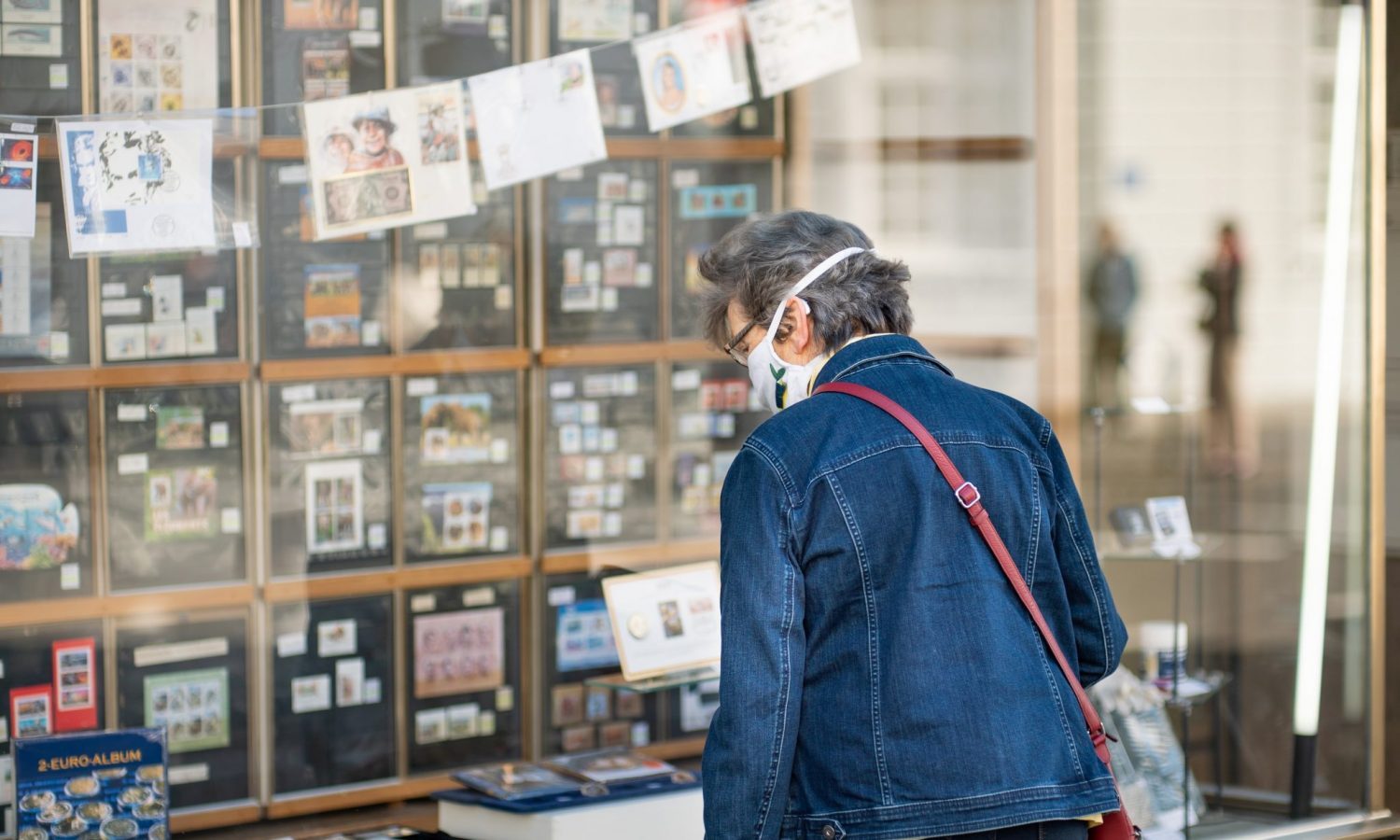
This factor greatly improves your COVID-19 antibody response
The fear of a pandemic is increasing again, this time due to the rapid spread of the COVID-19 delta variant. While the guidelines haven’t changed – the number one safety measure remains to get your vaccine – many people are confused about the spike in numbers, especially since it felt like the pandemic was coming to an end. New research suggests that one factor is critical in how many antibodies you develop.
The study, published in the Journal of the American Medical Association, looked at how people’s immune systems respond differently when exposed to the virus. It was found that younger people developed significantly more antibodies than older people.
RELATED: COVID-19 Delta Variant: This Could Determine Whether You Get It Or Not
Photo by Westend61 / Getty Images
The researchers analyzed 50 participants two weeks after the second vaccination with the Pzifer vaccine. The groups were divided according to their age and their blood was tested for the original coronavirus strain and the gamma variant, which was first discovered in Brazil.
Participants in the youngest group, all in their twenties, had seven times stronger antibody responses than participants in the oldest group in their 70s and 80s. The study showed that the older people got, the weaker their immune response became. Still, vaccines for older adults remained very effective.
“The vaccine still produces strong immune responses in most older people compared to a natural infection, even if they are lower than in their younger counterparts,” said study co-author Marcel Curlin. “Vaccination in this group can mean the difference between a severe and mild illness and probably reduce the chance of transmitting SARS-CoV-2 to another person.”
RELATED: 5 Things to Do If You Get COVID-19 While You Travel
COVID-19 vaccines remain the safest way to get on with our daily lives right now. With the delta variant on the rise, even those who are vaccinated must weigh their risks against the activities they desire and take protective measures such as wearing face masks indoors when transmission is high in their communities or when necessary is coping with comorbidities.

Post a comment: